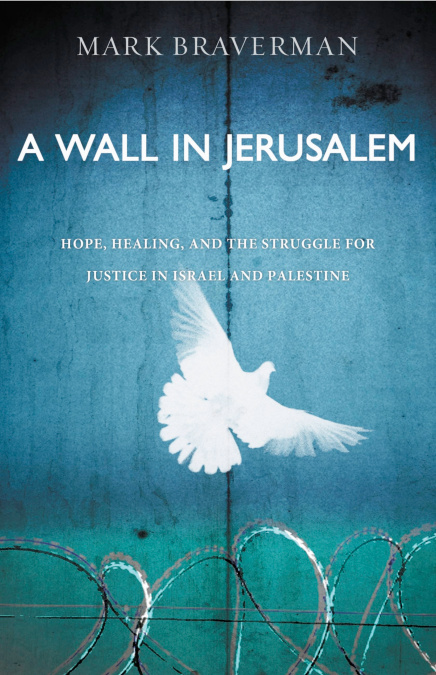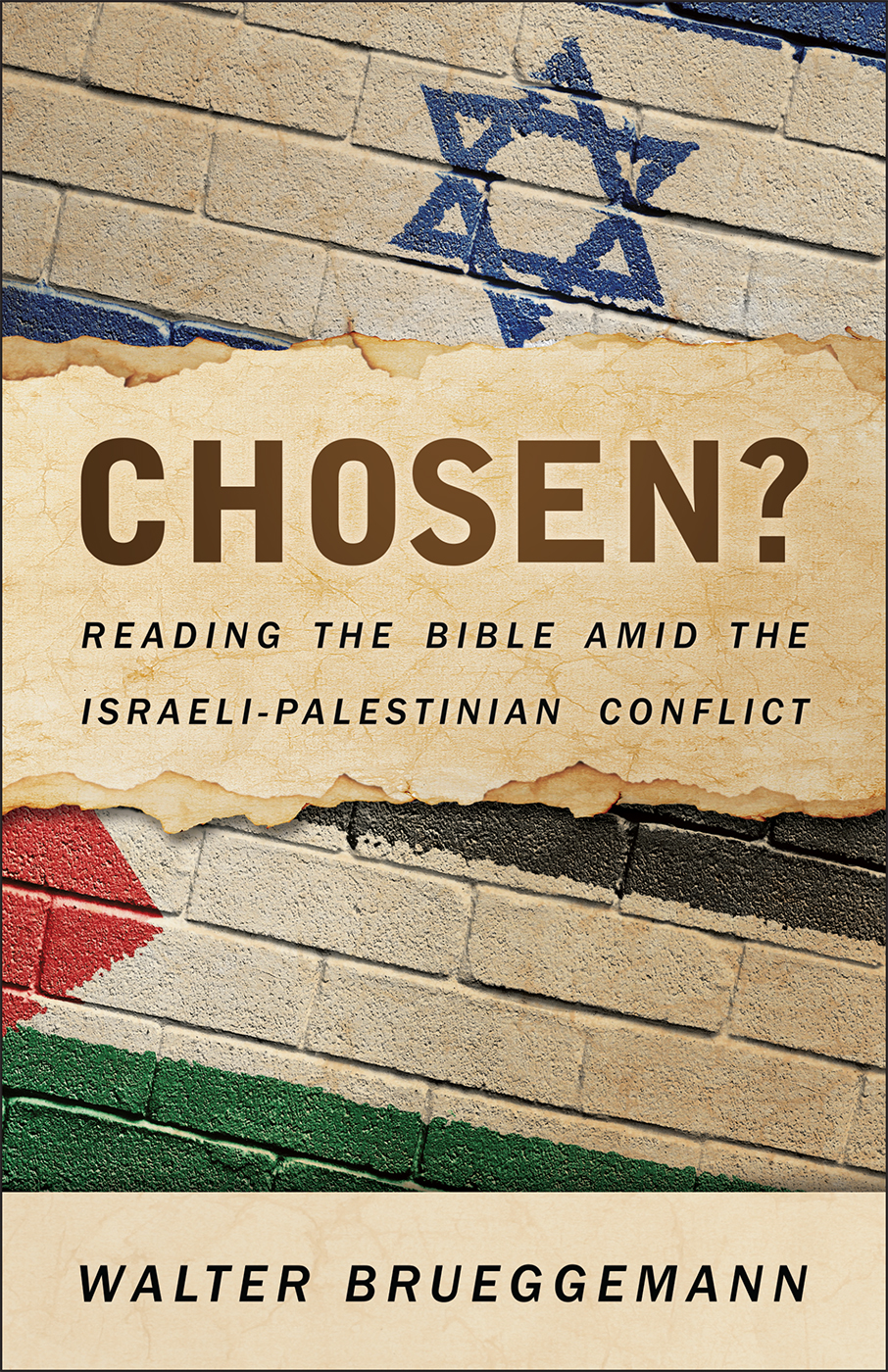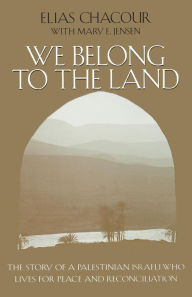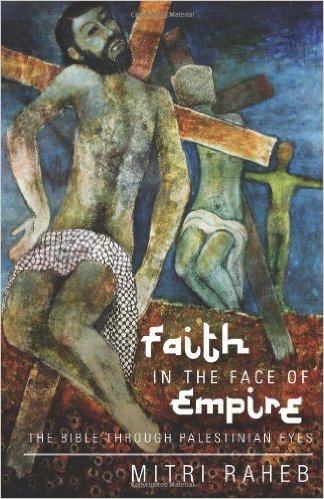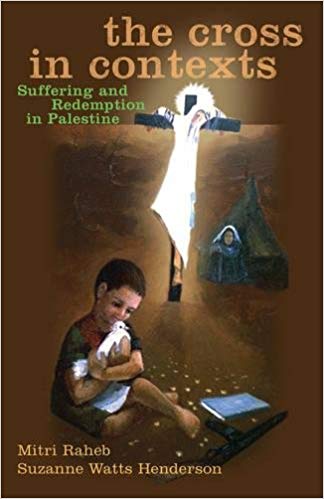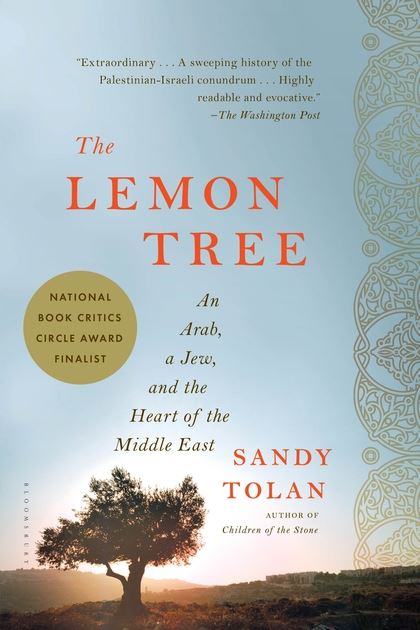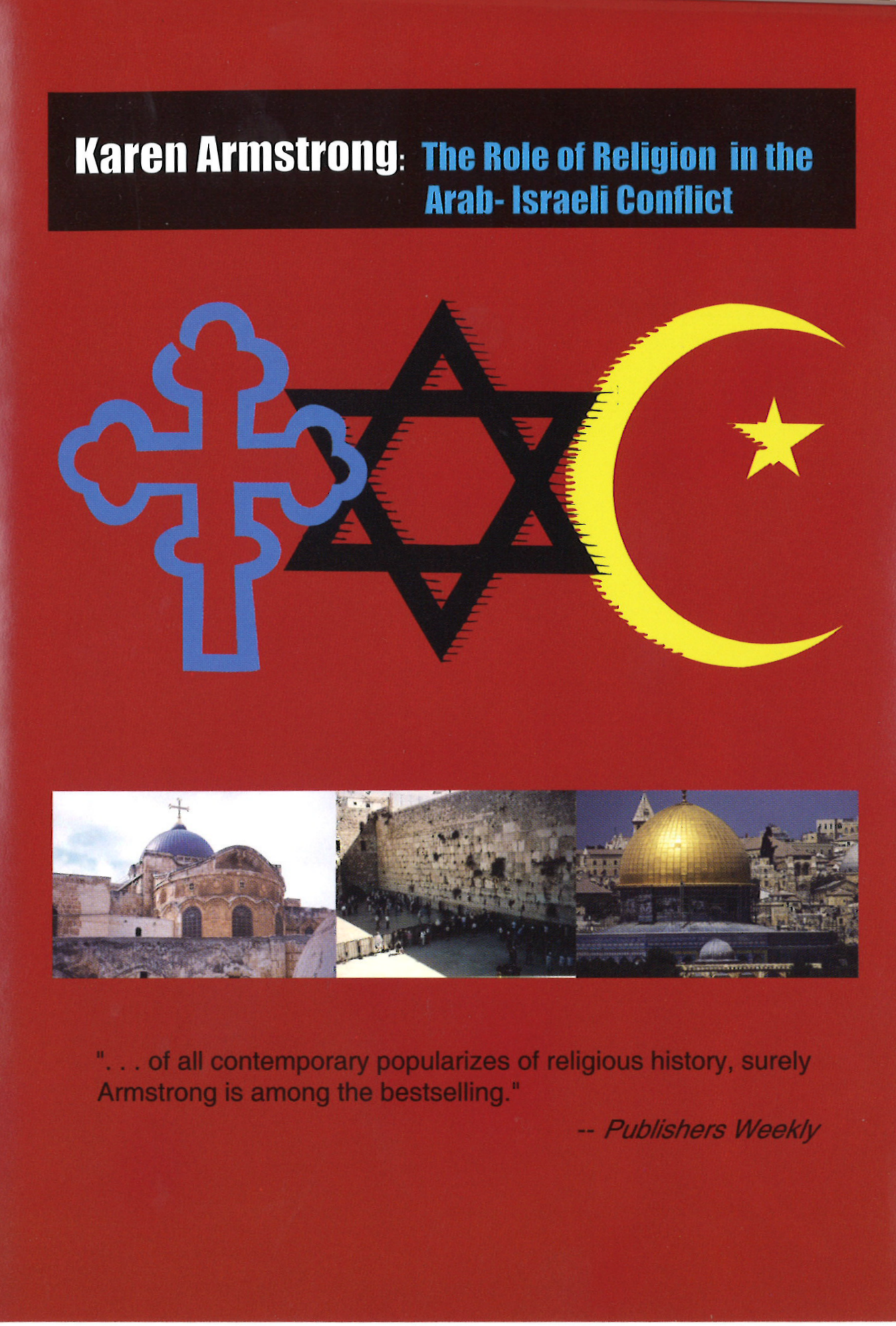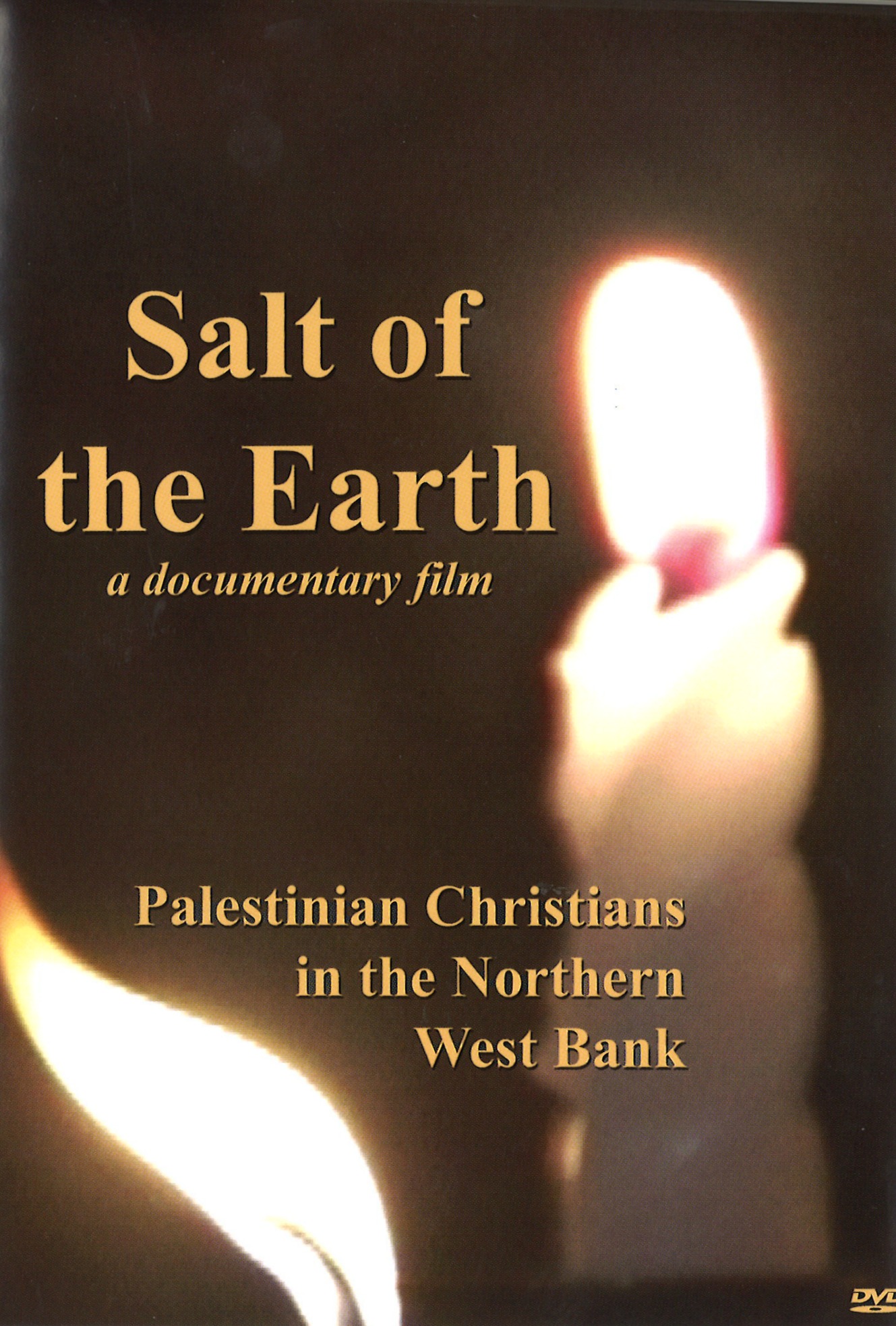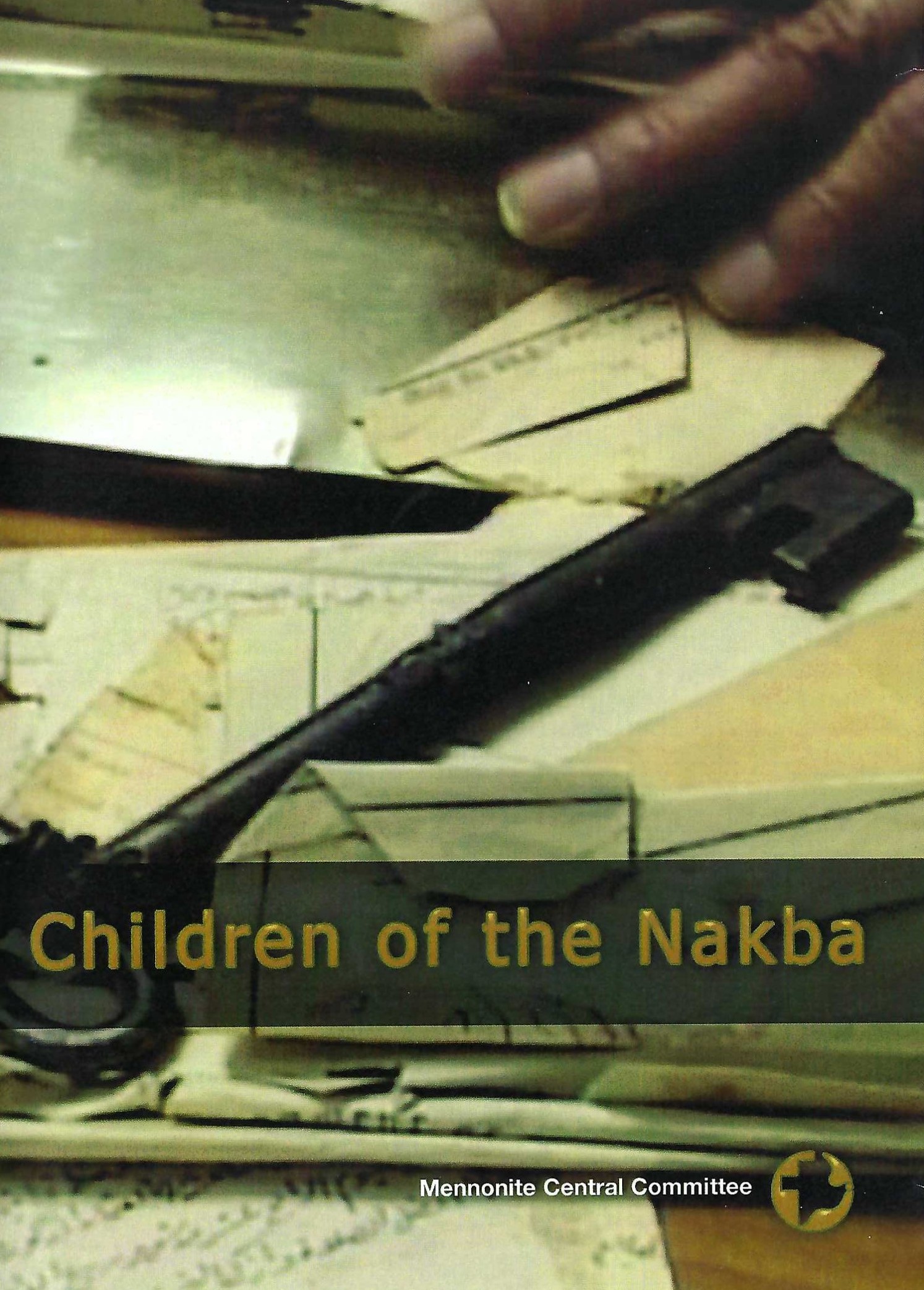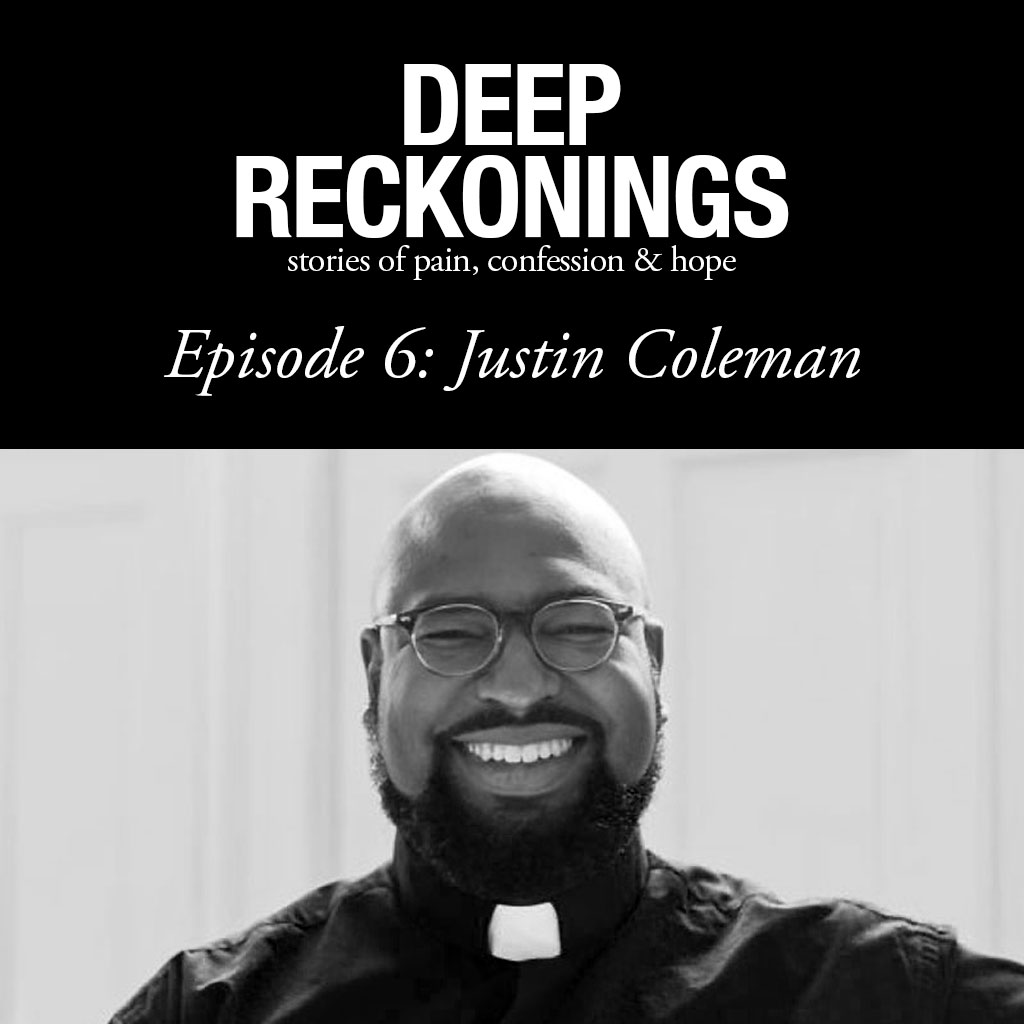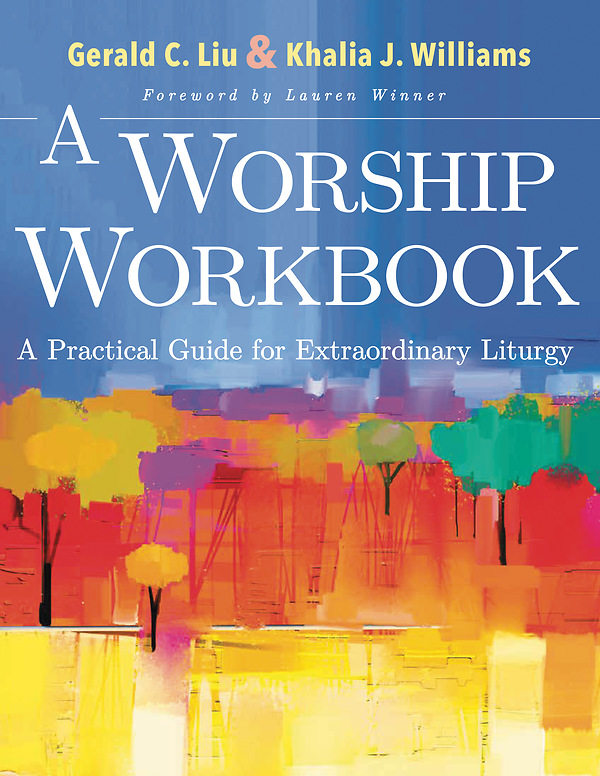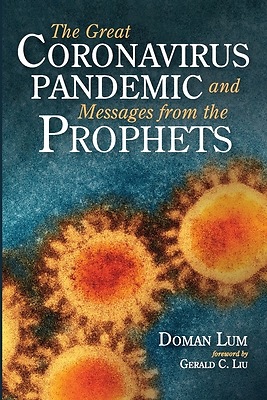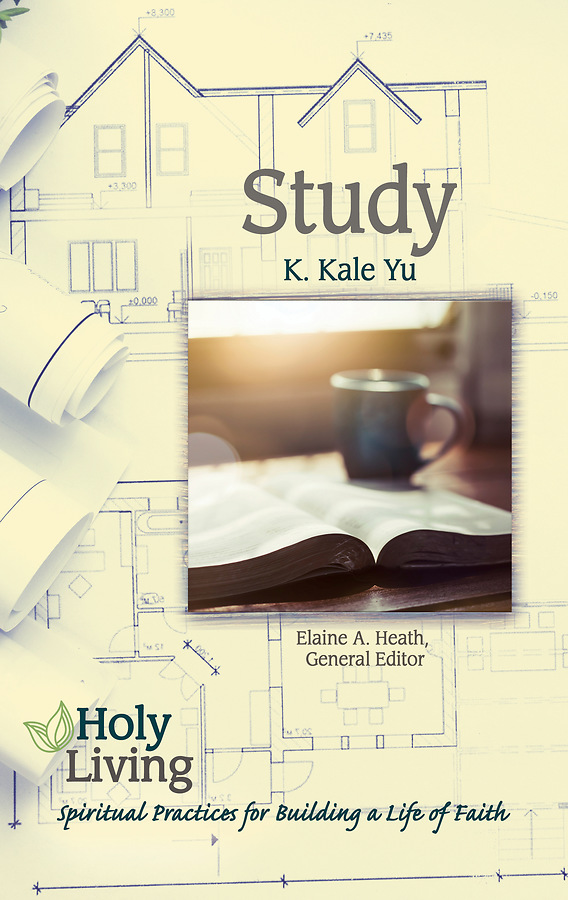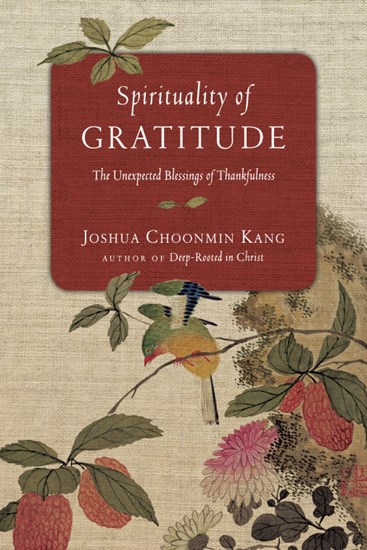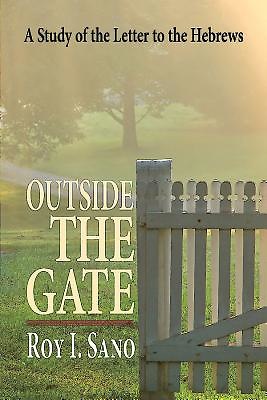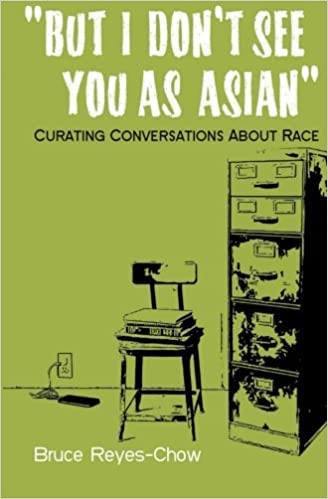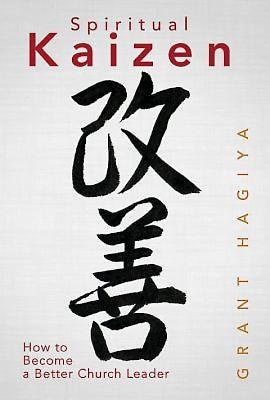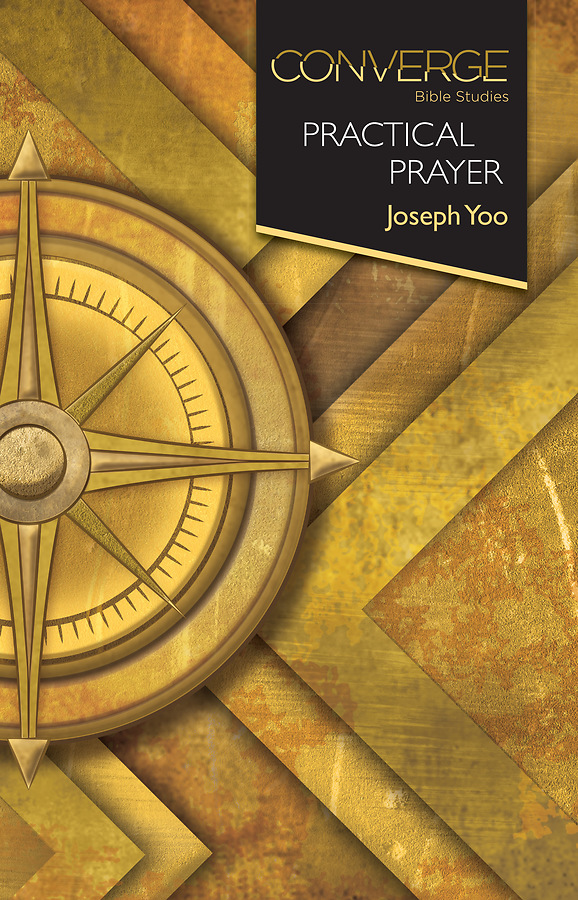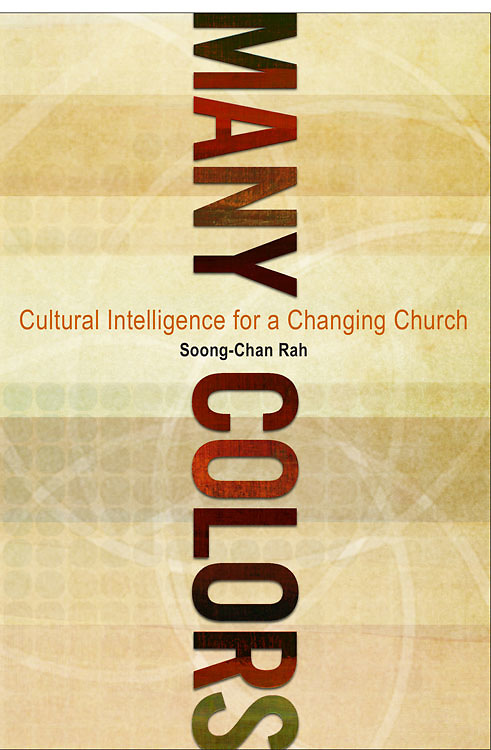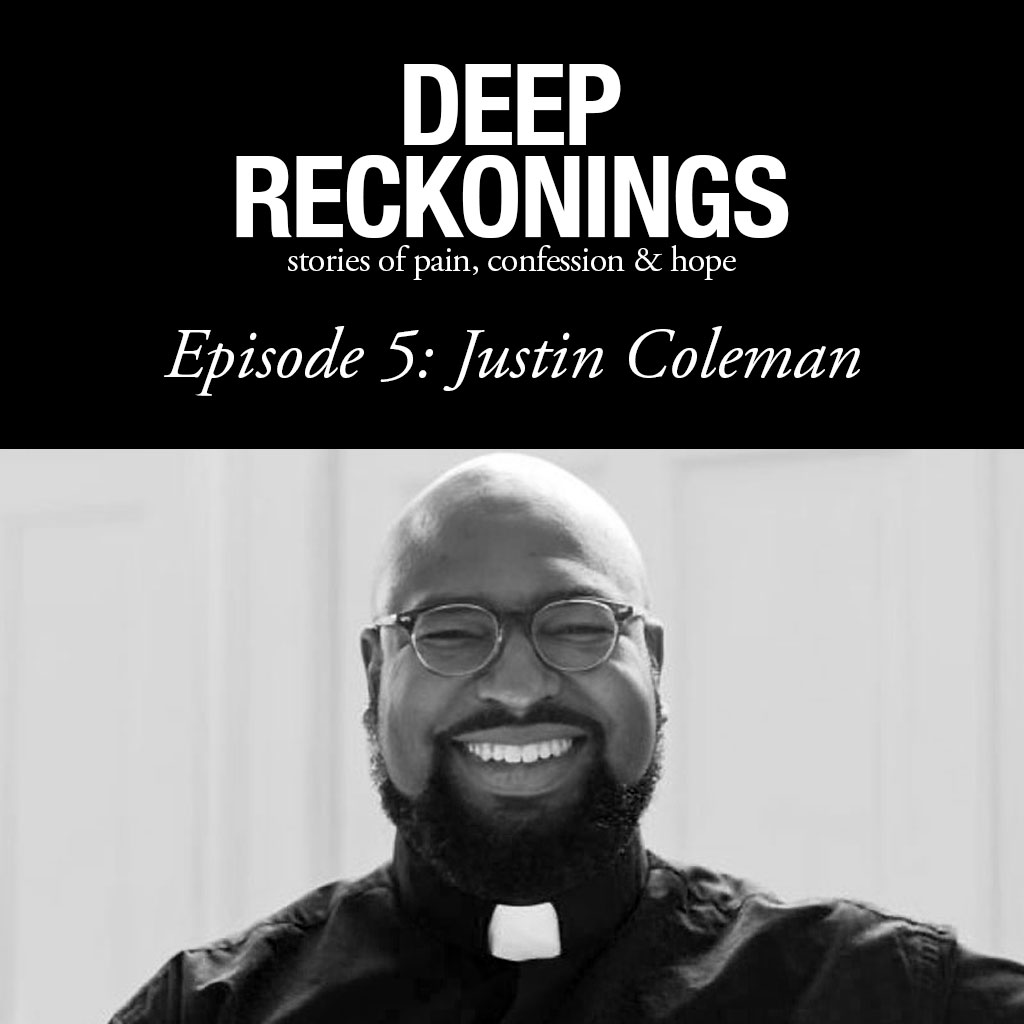The Conference Connectional Table (CCT) met May 18 by Zoom for the second of its quarterly meetings in 2021. A meeting summary follows.
STRUCTURAL UPDATES
- Bishop Leonard Fairley will come among us as episcopal leader in September.
- At Annual Conference, we will report the following shifts through the structure review process. Beth Hood will become the Assistant to the Bishop for Clergy Life, supporting clergy throughout their life in the church, from call to post-retirement. Gray Southern will become the Assistant to the Bishop, working with Bishop Fairley directly. He will take up some of the work that Bishop Hope currently does and that Bishop Fairley will do.
- CHRISTIAN UNITY & INTERRELIGIOUS CONCERNS (CUIC): Because the Bishop is the chief ecumenical officer and the UMC Office of Christian Unity & Interreligious Concerns is housed in the Council of Bishops, the conference Christian Unity and Interreligious Concerns will now sit within the Bishop’s Office, moving out of Connectional Ministries.
- BOARD OF HIGHER EDUCATION & CAMPUS MINISTRIES (BHECM): Because of the connection with the General Board of Higher Education and Ministry, the call of the students, and theological education work, the conference Higher Education and Ministry will sit within the Office of Clergy Life, moving out of Connectional Ministries.
PROGRAM UPDATES
- FINANCIAL STATUS: Currently, our apportionments are up by a few percent, compared to this time last year. So far, finances are in good shape, so we are proceeding with caution. Staff are saving money where they can, but are also trying to begin to put things back into place and get things going again in a different way. The new position of Assistant to the Bishop and the change of Assistant to the Bishop for Clergy Life was planned for in the 2021 operating budget through the supplemental process. We had around $1.3 million that was not spent in 2020, so those funds were rolled back into the reserves and used by CFA for some of those supplements. We project some similar savings into 2021.
- COVID ASSISTANCE GRANTS: These grants remain available to churches through the Cabinet.
- METHODIST BUILDING OPENING: We expect a partial opening July 1st when staff will return to work around two days a week and the building will open to committee meetings. After Labor Day, we plan to open the building fully.
- USING ZOOM FOR MEETINGS: Utilizing Zoom over the past 1.5 years has realized great savings and, in some regards, enabled us to reach farther than we could do in-person. Moving forward, conference committees report that they are looking at a mix of in-person and Zoom meetings when the conference building opens again. The agenda may be the best indicator of what kinds of meetings can be facilitated through Zoom. Although Zoom can bring in people from further away with ease, that impersonal screen-to-screen can impact engagement levels.
- CONFERENCE COUNCIL ON YOUTH MINISTRY (CCYM): After decades of faithful service in conference youth ministries, Suzanne Cobb stepped down from the role of CCYM chairperson. The conference is taking this opportunity to step back and re-evaluate the entirety of youth ministry in the Annual Conference. Jay Locklear has agreed to lead that task, along with Jason Villegas and another person to be determined. Many groups will be involved, including youth leadership, district coordinators, youth operations team, and Cabinet. Chris Harman will work with them to begin that overview, developing long-term strategies and recommendations. We’ve had a strong system for a lot of years, and we want to ensure that we maintain that strength and make it even stronger.
- CDC RECOMMENDATIONS / CONFERENCE WEBSITE: We have updated our website with the latest information from the governor and the CDC. We still suggest that folks meet virtually or outdoors, especially if there are a number of people in the congregation who are not vaccinated. Robeson County, for example, only has 24% of its population fully vaccinated, so decisions about meeting together would best be contextualized. To see the latest numbers in your area, see covidactnow.org. We continue to have weekly conversations with Wes Wallace and a number of pastors around Chapel Hill. Wes has suggested and affirmed what we’ve posted on the website.
- ANTI-RACISM EFFORTS: After a few months, about 180 people within our conference have taken the Intercultural Development Inventory (IDI), representing all eight districts. Additional anti-racism training dates offered by Changing the Lens have been added for early fall: September 7 (Optics – Implicit Bias) and September 20-21 (History of Racism).
- HOUSE BILL 324: CCT members read and made editing suggestions to the letter from Church and Society, Congregations for Children, and the Bishop, written in opposition to Ensuring Dignity & Nondiscrimination/Schools (House Bill 324).
- LEADING DURING LIMINAL TIMES: In May, Susan Beaumont led a series of three webinars around her book How to Lead When You Don’t Know Where You’re Going: Leading in a Liminal Season. Beaumont says that these liminal seasons – times when we are in-between two different stages – are the breeding ground for dysfunction and disorientation. During these liminal times, Beaumont suggests setting aside expectations of what a leader should be and, instead of claiming to know all the answers and giving directions, to admit that we don’t know it all. This approach gives space for creativity in others and a time to see what’s next. One leadership stance that Beaumont suggests is to stand in awe of what wants to emerge.
- THE COLOSSIANS WAY: The conference has been awarded a grant from the Intentional Growth Center to support 40 churches in their participation in The Colossians Way. The program’s focus is relationship building, using Bible stories and personal stories in a structured way to have productive conversation on difficult topics. Training will happen over the summer and groups will roll out in the fall.
- C4C / UPMAPS: UMAPS will be the fourth priority of Congregations for Children, and no longer sit as a separate entity.
- Fall CCT Retreat: In preparation for a CCT retreat in early fall, members considered core ministries that need to be carried forward as well as new ways of leading over the next two years. Discussion questions included: How do we help re-energize committee work to lead, create, and support the connectional and local church ministry as we emerge from the pandemic? Where do you see the most passionate response in our work of discipleship and transformation? How might we lead in new ways, and renew and reinvent our work? What should be the core points for new visioning? What do you want to explore more fully?
The next CCT meeting is scheduled for early fall. Exact date is under consideration.
Under the structure of the North Carolina Conference, the Connectional Table provides a forum for the understanding, casting forth, and implementation for the vision of the conference. It is the place where ministry and money come to the same table to coordinate the mission, ministries, and resources of the conference.

